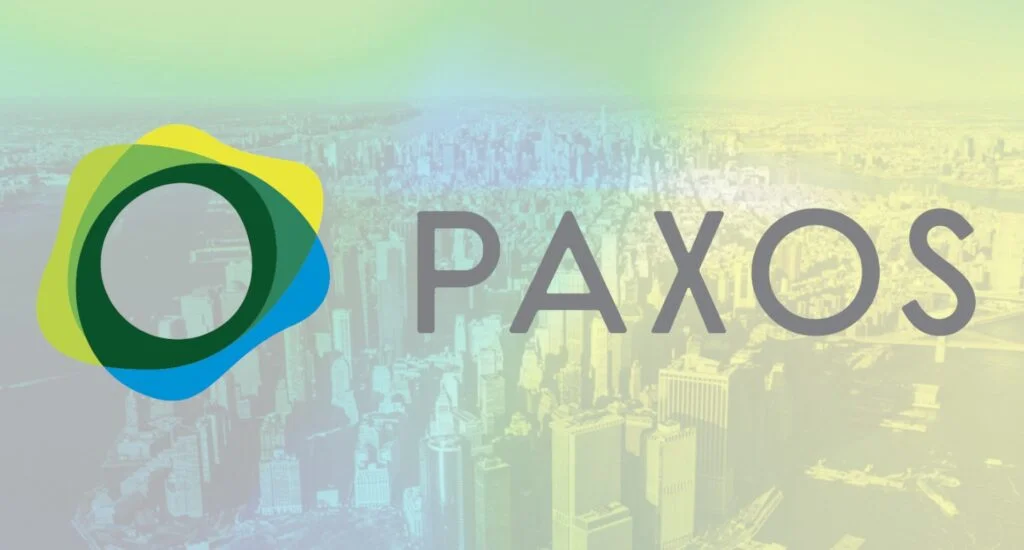Paxos Trust Company, a New York-based firm specializing in stablecoins, has recently shared its insights on the potential of blockchain technology in facilitating global remittances.

Stablecoins are cryptocurrencies pegged to a fiat currency or a commodity, such as the U.S. dollar or gold, to maintain a stable value.
As a leader in the stablecoin market, Paxos has launched several successful tokens, such as PAX, BUSD, and PAXG, which are backed by USD or gold.
In collaboration with the online payment giant, Paxos will also introduce a new stablecoin, PYUSD.
The New York Department of Financial Services (NYDFS) has approved Paxos’ products and services for their innovation.
Remittances: A Vital Source of Income and Support
In a recent blog post, Paxos explained the importance of remittances for millions worldwide.
Remittances are money transfers that are sent by expatriates to their home countries, usually to support their families and communities.
Furthermore, Remittances can cover essential expenses, such as food, housing, and medical care, as well as boost consumption and economic growth.
According to the World Bank, remittances reached $540 billion in 2020 despite the COVID-19 pandemic. Remittances are expected to grow by 2.6% in 2021 and 2.9% in 2022.
| Country | Remittances (USD billion) |
|---|---|
| India | 83.1 |
| China | 59.5 |
| Mexico | 42.9 |
| Philippines | 34.9 |
| Egypt | 29.6 |
| Pakistan | 26 |
| France | 24.4 |
| Bangladesh | 21.9 |
| Nigeria | 21.7 |
| Vietnam | 17 |
Remittances can also enhance a country’s economic security and resilience, especially during times of crisis, such as natural disasters or political turmoil.
| Year | Remittances (USD billion) |
|---|---|
| 2020 | 540 |
| 2021 | 554.04 |
| 2022 | 570.11 |
| 2023 | 585.86 |
Blockchain: A Solution for Faster and Cheaper Money Transfers
However, Paxos also pointed out the challenges and limitations of the traditional banking system in processing remittances.
Multiple intermediaries, fees, and regulations contribute to the slowness, expense, and inefficiency of the current system.
The average cost of sending remittances is 6.5% of the amount transferred, which can reduce the net amount received by the beneficiaries.
This is where blockchain technology can offer a better alternative.
Blockchain is a distributed ledger that records transactions in a secure and transparent way without the need for a central authority or intermediary.
Additionally, the Blockchain can enable faster and cheaper money transfers, eliminating the friction and delays caused by the conventional system.
Paxos believes blockchain technology can revolutionize the remittance industry and benefit millions of people who depend on it.
By using blockchain-based stablecoins, such as those issued by Paxos, users can send and receive money across borders with minimal fees and hassle.
Blockchain can also ensure that recipients receive their funds promptly, especially during emergencies.
Paxos concludes that blockchain technology can be a game-changer for global remittances, as it can improve the speed, cost, and convenience of money transfers.
Paxos also invites users to try its stablecoins and experience the advantages of blockchain-based remittances.
